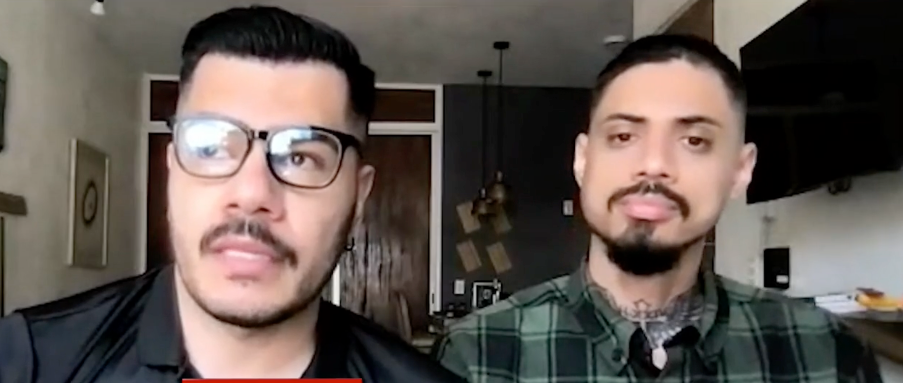An undocumented Harvard University graduate who had been living in the U.S. since he was a small child recently decided to self-deport to Mexico amid the Trump administration’s wide-ranging immigration crackdown.
Francisco Hernandez-Corona, 34, had been living in Texas until about a month ago with his husband, a U.S. citizen.
With the new administration in power, however, he soon grew so afraid of being picked up by Immigration and Customs Enforcement agents that he stopped driving and wouldn’t answer the door.
The psychology graduate feared being detained because of a traffic stop by a cooperating local police department, as many immigrants have, or being sent against his will to an unfamiliar third country with poor human rights conditions like El Salvador.
There, U.S. deportees are housed in a mega-prison with little hope of release from a facility which has been compared to a “tropical gulag.”
“We started seeing ICE everywhere and people sent to El Salvador,” Hernandez-Corona told NBC News.

The move back to Mexico was all the more striking because Hernandez-Corona said he would not typically be a top priority for deportation.
“I have no criminal record,” he told NewsNation. “I have a work permit, right? I wasn’t in a situation where I felt like I’m going to be deported tomorrow.”
Still, despite getting married and settling in Texas, Hernandez-Corona was always at some level of risk.
At the age of 10, his father arranged for him to be smuggled across the border, and Hernandez-Corona later applied for the Deferred Action for Childhood Arrivals program, which staves off deportation but doesn’t grant full legal status.
Hernandez-Corona later declined to renew his DACA status, instead seeking a visa through another program, which was not granted in time.
Though the Harvard grad paid for his own airfare to Puerto Vallarta, Mexico, the Trump administration has offered undocumented migrants who self-depot $1,000, government-paid flights, and the chance to later legally apply for U.S. status.
Last week, the administration said its first such repatriation flight took place, sending 68 back migrants to Colombia and Honduras.




